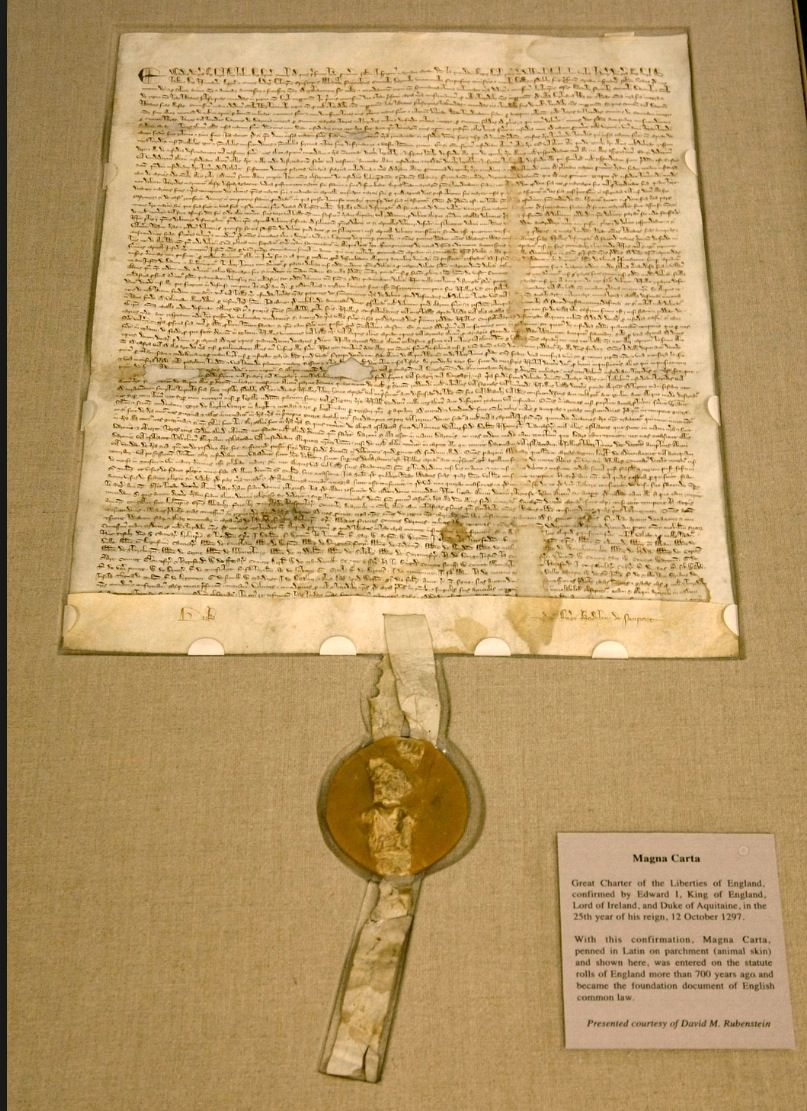Welcome to
Meisoo History
your history and science source
2023-10-16
The Magna Carta: A Beacon of Democracy and Justice
In the vast tapestry of human history, certain moments stand out as turning points, moments that redefine the course of civilization. The signing of the Magna Carta in 1215 is undoubtedly one of these pivotal moments. This document, while rooted in the specific grievances and politics of its time, has come to symbolize the universal principles of justice, liberty, and the rule of law.
The Backdrop: A King’s Unchecked Power
To truly appreciate the significance of the Magna Carta, one must first understand the world in which it was birthed. The early 13th century was a time of unchecked monarchical power. King John of England, the monarch in question, was notorious for his arbitrary rule. He imposed heavy taxes, confiscated properties, and imprisoned his subjects without due process. His reign was marked by constant warfare, both abroad and at home, leading to heavy taxation and widespread discontent.
Runnymede: The Meadow of Destiny
It was against this backdrop that a group of rebellious barons confronted King John, leading to the historic meeting at Runnymede, a meadow by the River Thames. The barons, armed with their grievances and demands, forced the King to seal a document that would come to be known as the Magna Carta or “Great Charter”.
The Clauses: Beyond the Specifics
While the Magna Carta contained 63 clauses addressing specific baronial concerns, its true genius lay in its universal principles. The idea that no one, not even the king, was above the law was revolutionary. Clauses that promised protection from illegal imprisonment, the right to a fair trial, and due process laid the foundation for modern jurisprudence.
The Legacy: Inspiring Future Generations
The influence of the Magna Carta cannot be overstated. It inspired the English Bill of Rights, the American Declaration of Independence, and the Universal Declaration of Human Rights. Legal scholars, philosophers, and politicians have all drawn from its principles. Its legacy can be seen in constitutional designs across the world, embodying the spirit of democracy and justice.
Challenges and Criticisms
However, like all historical documents, the Magna Carta was not without its flaws. Many of its clauses were specific to the concerns of the barons, reflecting the societal hierarchies and prejudices of the time. Women, peasants, and the common man did not directly benefit from its protections. Yet, over time, the spirit of the Magna Carta, rather than its specific clauses, became its enduring legacy.
The Modern Relevance
In today’s world, where the ideals of democracy are constantly being challenged, the Magna Carta serves as a reminder of the timeless quest for justice, equality, and liberty. It reminds us that the rights and freedoms we often take for granted were hard-won over centuries of struggle.
Conclusion: A Living Document
The Magna Carta is not just a historical relic; it is a living document. Its principles continue to guide, inspire, and challenge us. As we reflect on its 808th anniversary, let us not just celebrate its past but also recommit ourselves to its ideals. For in the words of former US President Franklin D. Roosevelt, “The Magna Carta is not a static document, but a living one, with meaning for our time and with clear implications for the future.”
In the spirit of sharing knowledge and celebrating our shared history, delve deeper into the story of the Magna Carta. Understand its origins, its impact, and its relevance today. Let it inspire you, challenge you, and remind you of the enduring human quest for justice and liberty.
Admin - 18:17:33 | Kommentar hinzufügen

Kommentar hinzufügen
Die Felder Name und Kommentar sind Pflichtfelder.